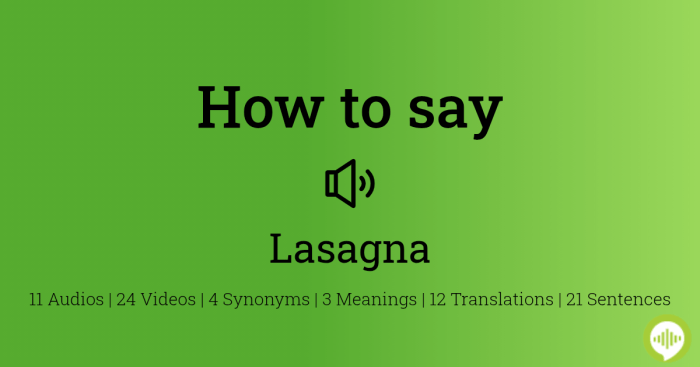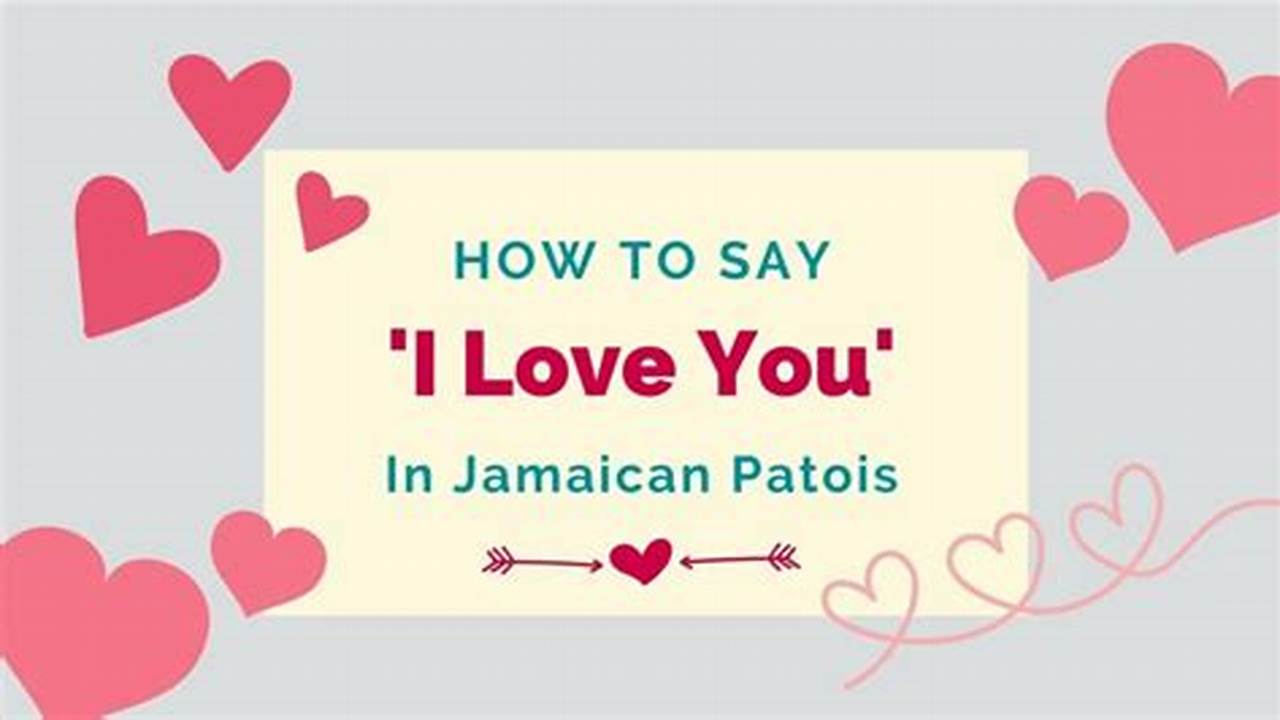
The longest word in the English language is pneumonoultramicroscopicsilicovolcanoconiosis, a lung disease caused by the inhalation of very fine silica dust, usually found in volcanoes.
The word was first coined by American physician and author Everett M. Smith in 1935. He created the word from the Greek roots pneumono (lung), ultra (very), microscopic (small), silico (silicon), volcano (volcano), and -osis (condition). The word is 45 letters long and is pronounced as noo-moh-no-ul-tra-mih-kroh-skoh-pih-ko-sih-lih-koh-voh-lka-noh-koh-nee-oh-sis.





